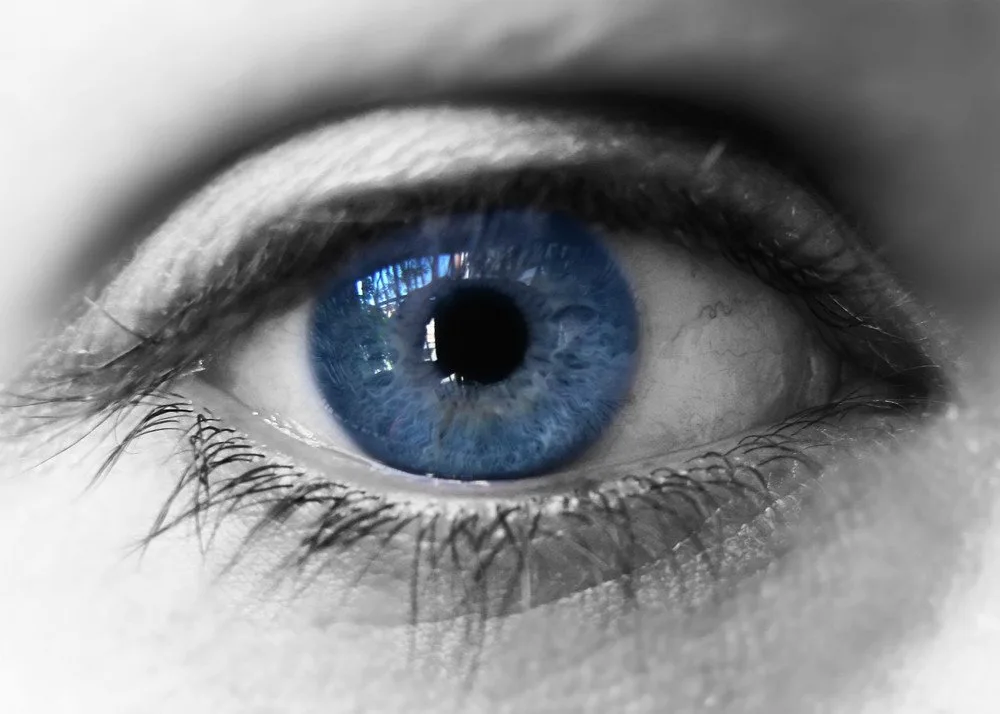One of our most important human senses is our vision. It is through our sense of sight that we perceive 80% of things around us. So it is no surprise that our eyes need proper protection, care, and treatment when required.
If you have eye conditions or vision issues, and are considering LASIK surgery to correct your vision, here is some basic knowledge to arm yourself.
Lasik Surgery – Knowing The Basics
Before deciding on undergoing surgery
Facts that are important for anyone to make the final decision of whether to go under surgery or not are as follows:
Are You an Ideal Candidate?

Photo by Ksenia Chernaya from Pexels
Not everyone with a vision problem is a good candidate for LASIK surgery. The age of the ideal candidate is generally between 18 and 65. Those with serious eye conditions, severe corneal disease, or very farsighted or nearsighted are not suitable candidates for the surgery. Individuals with very dry eyes are also not ideal for this procedure.
LASIK patients are required to do some comprehensive tests. They go through a series of thorough eye exams to confirm that they can get the surgery.
Do Proper Research
Before visiting a doctor, it is better to research a bit about your options. While doing your research, focus on the right factors. Rather than looking for the lowest price, look for a qualified surgeon.
We are talking about your eyes, which of course, are worthy of protection. Do not harm your eyesight just to save a few extra bucks. Make sure the ophthalmologist you are visiting is experienced enough and broadly certified.
Check Alternatives
Ask your eye specialist or doctor whether LASIK is the only option for you or if you have other options. You can ask your ophthalmologist if you are an ideal candidate for this surgery or pursue other treatment routes. Weigh your options carefully and objectively to decide which one is best for you.

Photo by Karolina Grabowska from Pexels
Is Your Doctor Promising You a Perfect Vision?
A significant fact is that, though more than 96% of the patients gain 20/20 vision, no doctors ever guarantee a perfect vision after the LASIK surgery.
But if your doctor is telling you that he can ensure 20/20 vision, we suggest you look for another doctor!
Costs
Ask about the LASIK eye surgery cost. LASIK surgery has many incidental costs aside from the actual cost of surgery. For example, you will require special eye drops throughout the surgery and aftercare.
The expense of these drops is not usually included in the total cost. Moreover, in some cases, the follow-up appointments incur additional fees that you will need to be aware of and prepare for.

Know the Risks Involved
Of course, measuring the risk will help you make the right decision. Even though LASIK is a quick process and patients recover real soon, it is not entirely risk-free.
The number of patients who experience complications is rare, but we want you to know that it involves some side effects like starbursts, inflammation, halos, dry eyes, etc. While these side effects are temporary, some may suffer long-term complications like infection, detached retinas, chronic pain or, even vision loss.
After confirming to undergo the surgery
If you have decided to go through the LASIK surgical process, then it’s good to know about the following things:

Ask
Have a frank discussion with your doctor. Don’t hesitate to ask questions. Be sure to address all your questions and concerns. Whether it is about the experience of your surgeon or the complications of your case, ask it.

Learn more about refinements
Confirm whether you will need to go through a repeated process or not. When your eyesight begins to worsen, you will need to go under a repeat procedure. This same repeated process is called “refinements.”
The more nearsighted a person is, the higher the possibility of requiring refinement surgery after LASIK. These refinement procedures should be accounted for in the total budget you are creating for this surgery.
Pre-surgery Precautions
It is imperative to prepare yourself for the surgery appropriately. There are some precautions and instructions that need to be followed accurately. Avoid make-up to reduce the risk of post-surgery infection. Stop wearing the contact lenses before the LASIK surgery as the lenses change the cornea’s shape, and the cornea must get back to its normal condition before the surgery is done. Ask your doctor about all the pre-op preparations you will need to make.
It’s a Quick Procedure
Some people understandably get nervous about the time required for the LASIK procedure. In reality, it does not take a lot of time to complete the surgery.
On average, the whole LASIK procedure takes only 8 minutes for each eye. During the surgery, a mild sedative is used to reduce discomfort.
You’ll Be Awake the Entire Time
LASIK is an outpatient surgery – meaning – the patient will remain awake throughout the surgery. Again, understandably, that can make some people uncomfortable and nervous. But actually, there is nothing to worry about. During surgery, the surgeon uses an eye drop which works as an anesthetic and numbs the eye-surface – so you won’t feel a thing!.
Post-surgery Care
Post-surgery care is critical for your eyes to heal properly. So, pay close attention to the instructions on aftercare from your surgeon. There will be follow-up appointments to check the eye status – be sure not to miss them.
The post-surgery period is crucial. Slight negligence on your part can lead to significant complications. So, for the sake of the health of your precious eye, please be cautious and diligent with care after the surgery.
Healing Time
Even though most patients experience no discomfort with a clear vision, it is suggested not to get back to the average daily activities right after the surgery.
Though the surgery procedure is quick, it takes a little while for your eyes to recover. So, it’s better to be cautious and avoid swimming or taking baths in hot tubs that can irritate the eyes.

Conclusion
Before being in the surgery bed, be sure that you have satisfied all your queries and doubts. We wish you luck with your decision!





![women [longevity live]](https://longevitylive.com/wp-content/uploads/2020/01/photo-of-women-walking-down-the-street-1116984-100x100.jpg)










